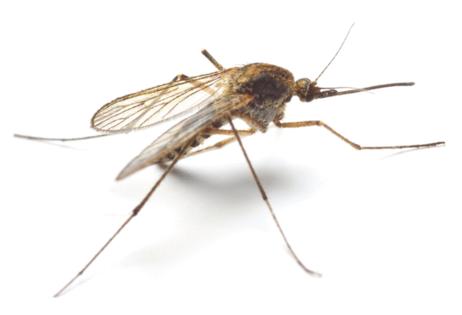Malaria possibly contracted in Washington state, would be state's first local case
Published in Health & Fitness
SEATTLE — A woman in east Pierce County contracted malaria despite not having traveled out of state recently, according to the Tacoma-Pierce County Health Department.
The woman was diagnosed with malaria Saturday and is receiving treatment, a news release states.
If the investigation finds the woman contracted the disease from a mosquito in Washington, it would be the state’s first locally acquired case. It would also be the first known instance of malaria being contracted west of the Rockies.
The county health department is working with the state Department of Health and the national Centers for Disease Control and Prevention to investigate the source of the infection.
“The risk of getting infected with malaria in Pierce County remains very low,” Tacoma-Pierce County Health Officer Dr. James Miller said in a written statement. “Malaria is a rare disease overall in the United States — and the vast majority of cases in the United States occur following exposures in countries with ongoing transmission.”
Health officials will trap and test mosquitoes to trace the infection.
U.S. malaria cases are usually linked to travel, mainly from sub-Saharan African countries, according to the CDC.
The U.S. sees about 2,000 to 2,500 cases per year, and Washington sees 20 to 70 reports of malaria in travelers each year, according to the state Department of Health. In 2023, the United States saw its first locally acquired malaria case in 20 years.
Ten cases were reported across four states — Florida, Texas, Maryland and Arkansas — from May to October 2023.
About 95% of people who contract malaria did not take malaria prevention medication, the CDC says.
Malaria is mosquito-borne and typically causes fever, chills, body aches, headaches and fatigue. Without treatment, it can be fatal. The disease can be treated with antimalarial drugs.
Malaria has a seven to 30-day incubation period, but doesn't spread directly from person to person.
Some prevention measures against malaria include medication, insect repellent with DEET and long-sleeved clothing.
Currently, two malaria vaccines exist, but they are mainly distributed to children in high transmission areas and are not widely available.
©2025 The Seattle Times. Visit seattletimes.com. Distributed by Tribune Content Agency, LLC.










Comments